Science
How Did Life Rebound on Earth? The Answer Lies Within the Rocks
23 February 2026
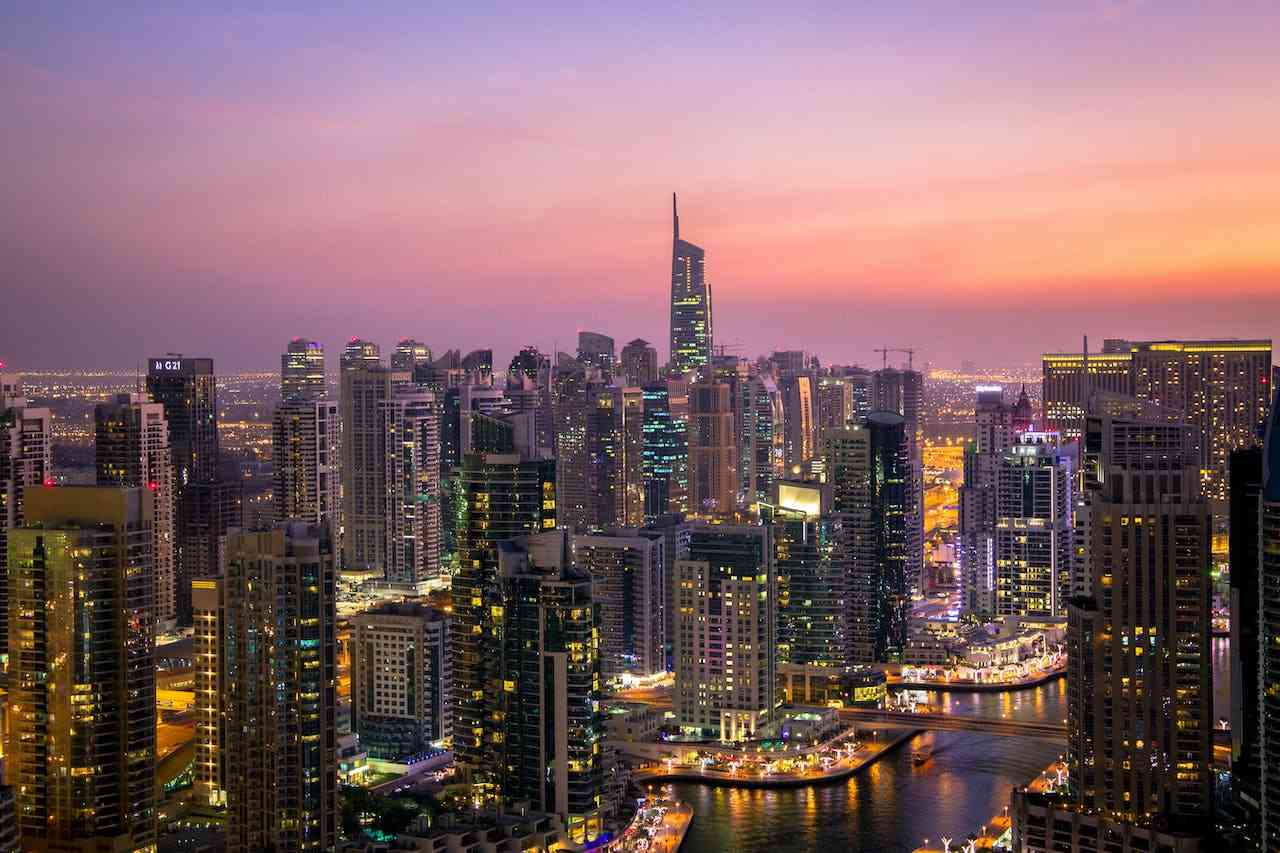
On the one hand, we have impressive skyscrapers, luxury residences and gleaming cars crafted by the most expensive motor brands. On the other, exhausted workers on endless construction sites, saving penny by penny to help their families in Bangladesh, Nepal, India or Ethiopia. Dubai may be all bling, but it also has its dark side.
The 3.5-million-strong metropolis, the largest city in the United Arab Emirates, apart from the delight of millions of tourists, also raises negative emotions – among activists pointing to human rights violations in the country. This also applies to neighboring countries, such as Qatar, Kuwait and Saudi Arabia.
Contrary to appearances, Dubai is not the capital of the United Arab Emirates. With a population of more than 10 million, the country consists of seven principalities that shape their policies independently, and the power is passed down there hereditarily, from father to son. The head of the federation – President Sheikh resides in the formal capital of the country – Abu Dhabi. Dubai, which was the first to open widely to the world, paved the way for other emirates – Sharjah and Ras Al Khaimah followed in its footsteps.
In general opinion, the source of the Gulf state’s prosperity was the discovery of rich oil deposits in 1966. Although they are being exploited – the UAE still has the seventh largest reserves of this raw material, larger than Russia – they currently provide only a dozen or so percent of the country’s revenues. Sheikhs earn more money through financial transactions, real estate or tourism. They proved, therefore, that, as befits the Arabs, they are masters in trade and mediation.
The rich sheikhs managed to create a place full of contradictions – because that is what Dubai is like. It inspires delight and horror at the same time. Lawrence Osborne, the British writer and traveler, wrote that this metropolis has taken on the form of a tacky grotesque. In Jacek Pałkiewicz’s book, in turn, we can read: “It has turned into a futuristic nightmare, completely dominated by the Guinness World Records – the unofficial constitution of the Emirate. Because here everything must be bigger and prettier than anywhere else in the world.”
The transition of the Arab Emirates from a group of the world’s poorest countries in the mid-20th century to global leaders required – in addition to money – a huge input of labor. A multitude of workers were needed for this – from architects or engineers to ordinary workers. The United Arab Emirates opened up to mass immigration. Indians, Persians, Africans as well as Europeans came. As a rule, only the latter were offered a high, sometimes fabulous salary. The less educated had to deal with average or poor wages.
The influx of immigrants into the UAE federation, which was established in 1971, was rapid: at the outset, the country’s population slightly exceeded 180,000, which is, by comparison, less than the population of Fort Lauderdale, Florida. The inhabitants of the Emirates were then almost exclusively Arabs. After 50 years, the population has increased nearly fifty-fold – and Arab citizens are only a dozen or so percent minority (in Dubai the number hovers around 12%).
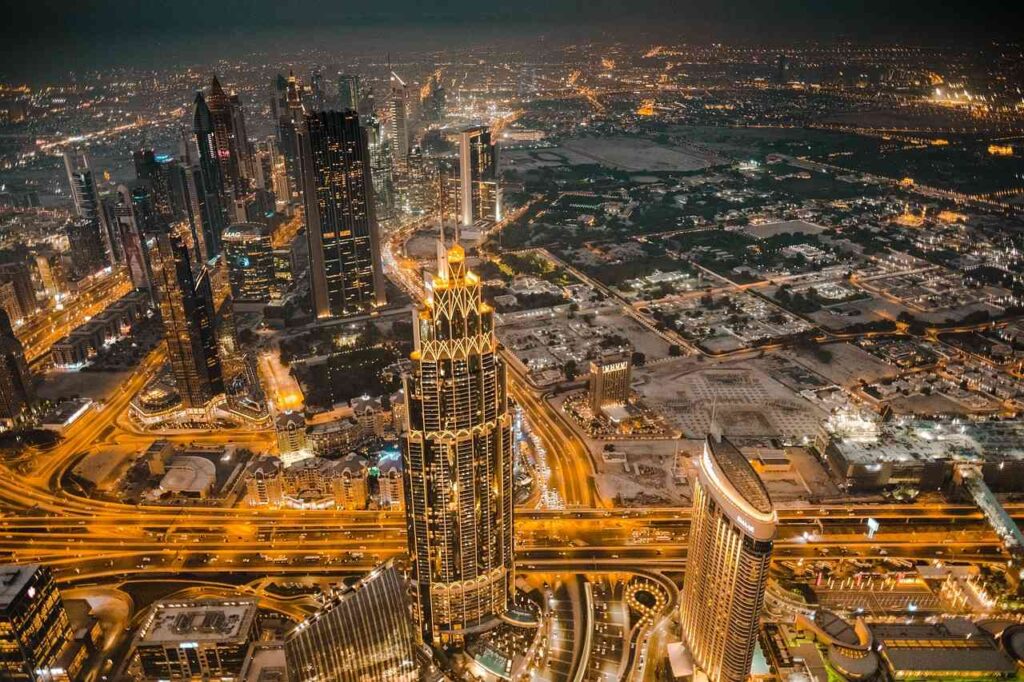
Tourists visiting Dubai to admire futuristic, fabulous architecture usually do not come into contact with the hardest-working foreigners, as they cannot be seen at first glance. There are ethnic bars in the streets, a multitude of variously dressed residents, but poverty… ? It is as if it were absent from this place. Meanwhile, between the structures of the giant skyscrapers, in the alleys of the tunnels, on the hot asphalt and in many similar places, one can see the silhouettes of workers bustling around. Tightly dressed, shielded from the sun’s rays with headscarves, they are building the power of a country of rich sheikhs. In the evenings they hide in their small rented rooms, often without air conditioning, and simply vegetate, waiting for a return to their families or loved ones. Their work trips extend from one to two, three or more years. They live in uncertainty, without any much-needed sense of stability.
They earn differently – on the one hand, many times more than in their countries of origin, on the other, often too little to bring a family and buy an apartment. Theoretically, the average salary of a construction worker is just under US$ 3,000, but in many cases, migrants from Asia get several times less. This is made possible by a specific recruitment system – the ‘kafala’ – in which lower-qualified workers are brought at the invitation of a so-called sponsor, which is usually the employer. He is responsible for arranging visas, formalities, and sometimes accommodation, but at the same time he charges significant fees for these services, deducted from their salary. In this system, the state has virtually no control over the employed, so they are often exploited.
The media frequently report on the difficult living conditions of workers on construction sites in Dubai, Abu Dhabi and other dynamically developing cities in the Persian Gulf. The Business & Human Rights Resource Center, the organization that deals with human rights, was alarmed during the preparations for the Expo 2020 exhibition in Dubai. Many people lost their lives because of not respecting safety rules. More than 60 buildings, costing billions of dollars, have been erected by ‘shady’ companies that do not disclose working and accommodation conditions or report any employment data.
Several times, the tense atmosphere led to protests – they broke out, among others, in March 2006 during the construction of currently the tallest building in the world – the Burj Khalifa. Exhausted by grueling work, the men from poor Asian countries attacked security guards, broke into offices, and destroyed the equipment and documents stored there. Their rebellion had to be pacified by the police, who arrested several of the most impetuous people. The matter was quickly swept under the carpet so that the protests did not spread. The participants were not punished, as social activists commented – mainly due to the lack of workers and the need to meet construction deadlines.
However, some journalists, sociologists or economists point to the so-called other side of the coin. They provide numerous arguments: That immigrants earn many times more than in their countries of origin, that they came voluntarily (no one forces anyone to work), and many of them brought families after a few years, that Dubai was a chance for them to break out of extreme poverty, that recruitment companies that commit fraud belong to foreigners, not Arabs, and finally, that wealth inequality is an integral element of development.
The latter argument is partly based on the theory of Simon Kuznets – an American economist and Nobel Prize winner (1971), born in Pinsk (in what is now Belarus). This scholar created a curve (the so-called Kuznets curve), which indicated that as the country progresses, inequality must first increase, and only after reaching the tipping point, slowly begins to decline. In the interpretation of some economists, as well as publicists, in intensively developing countries – such as the UAE – the phenomenon of financial stratification is common and it would be very difficult to avoid it. And any economic policy adjustments would significantly slow down development.
Repelling arguments about the lack of support for workers from poorer countries, the Emiratis remind that since September 2017 the government has introduced further regulations to improve the situation of immigrants. They also explain that the number of state inspections on construction sites is growing regularly, in 2018, there were 6,038 of them. Workers are given leaflets, which inform, among other things, that the employer cannot take away their passport, and that they are entitled to one day off a week, permanent medical insurance and a plane ticket home once every two years. Information in six languages, in addition to English, including Hindi or Tagalog, is supplemented by telephone numbers of emergency lines and addresses of offices where complaints can be filed against employers.
The Arab citizens of Dubai do not oppose social inequality. The Emir of this principality, and at the same time the Prime Minister and Vice President of the UAE – Sheikh Muhammad bin Rashid publicly praised the effort of hard work, rebuking passivity and rentierism. He was reportedly supposed to make the following statement during a conversation with a BBC journalist: “My grandfather rode a camel, my father rode a camel, I ride a Mercedes, my son rides a Land Rover, and my grandson is going to ride a Land Rover, but my great-grandson is going to have to ride a camel again.” When a surprised reporter asked why, the Sheikh replied: “Hard times create strong men, strong men create easy times. And conversely, easy times create weak men, and weak men create difficult times. Many will not understand it but you have to raise warriors, not parasites.”
As is usual in such situations: The main point of discussion about whether rapid economic development is incompatible with social demands lies in the details. Indeed – poor immigrants from Bangladesh, Nepal, India, Pakistan or Ethiopia, working in the Emirates usually make a modest fortune over time and their position becomes more stable. However, the price they pay for small social advancement is high. These are years of sacrifice, and separation from family, often paid for with loss of physical health, as well as mental breakdowns. Of course, some publicists will reject these arguments, saying that the pioneers of capitalism in the United States at the turn of the 19th and 20th centuries, also later experienced the same.
On a more general level, the argument over the use of cheap labor in the Gulf countries can be reduced to the famous polemics of the Austrian economic freedom champion Friederich August von Hayek with the British supporter of state interventionism – John Maynard Keynes. A century ago, their dispute was based on the question of whether the mechanisms of the market economy were sufficient to ensure optimal growth or whether a corrective role of the state should be allowed. Hayek claimed that undermining market mechanisms leads to inefficiency, the underutilization of resources, and eventually the loss of freedom. Therefore, they should not be interfered with, because in the long term, the market will regulate itself. Keynes was supposed to answer this briefly and bluntly: “In the long run we are all dead.
Recommended reading: Exploring Societal Convictions: On Justice and the Rules Governing the World
Translated by Marcin Brański.
Do you want to read more articles like this? Visit Holistic News.
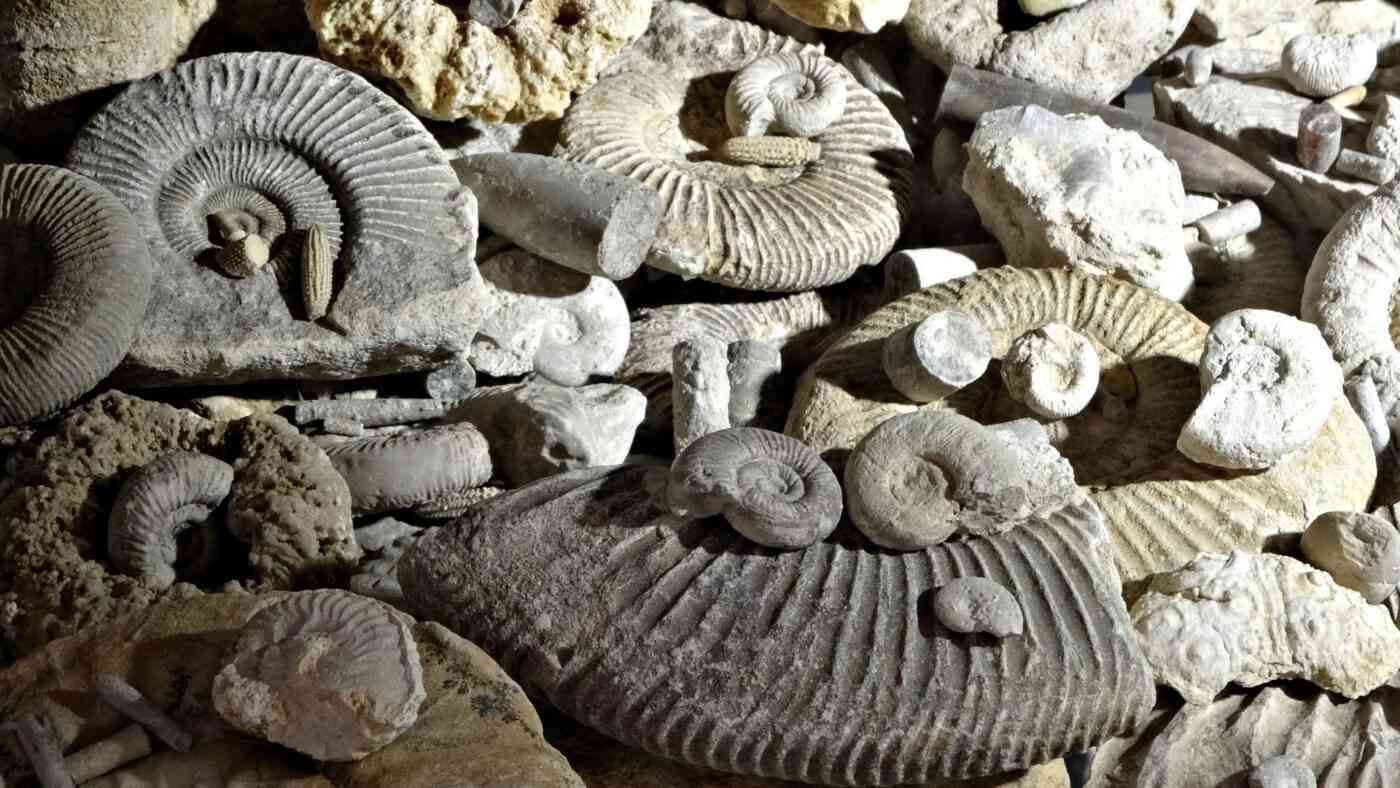
Science
22 February 2026
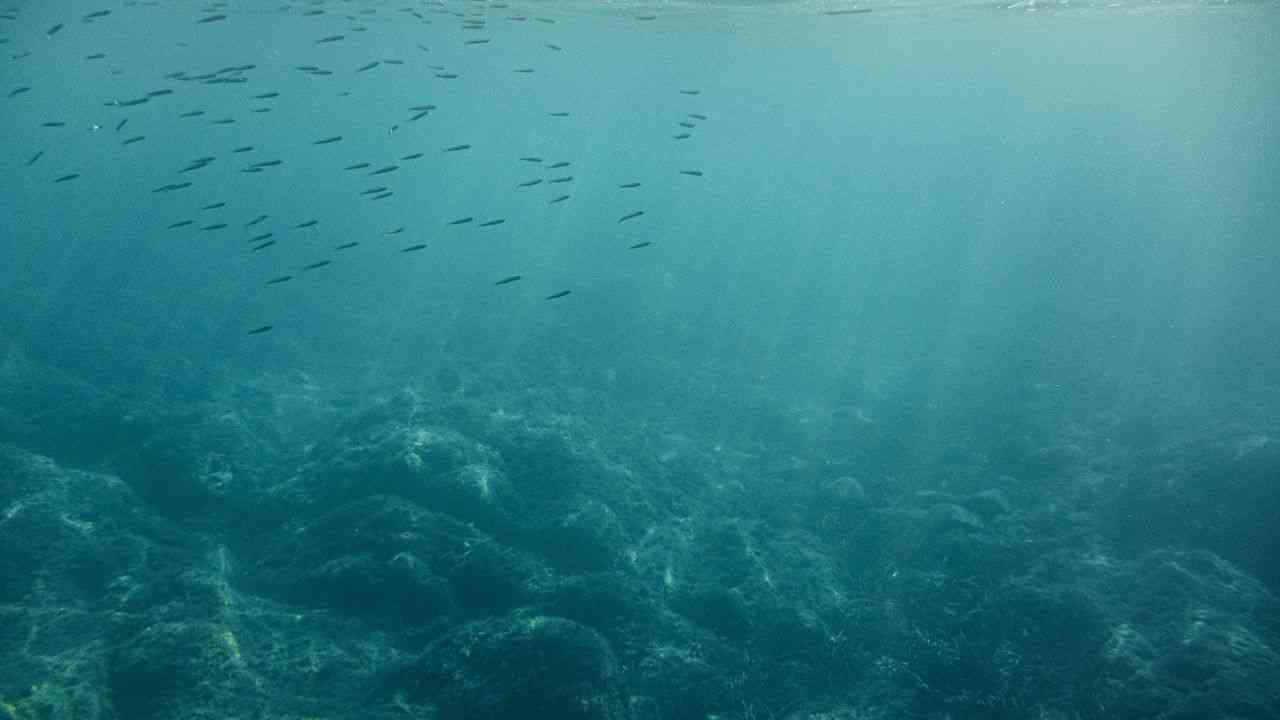
Humanism
22 February 2026
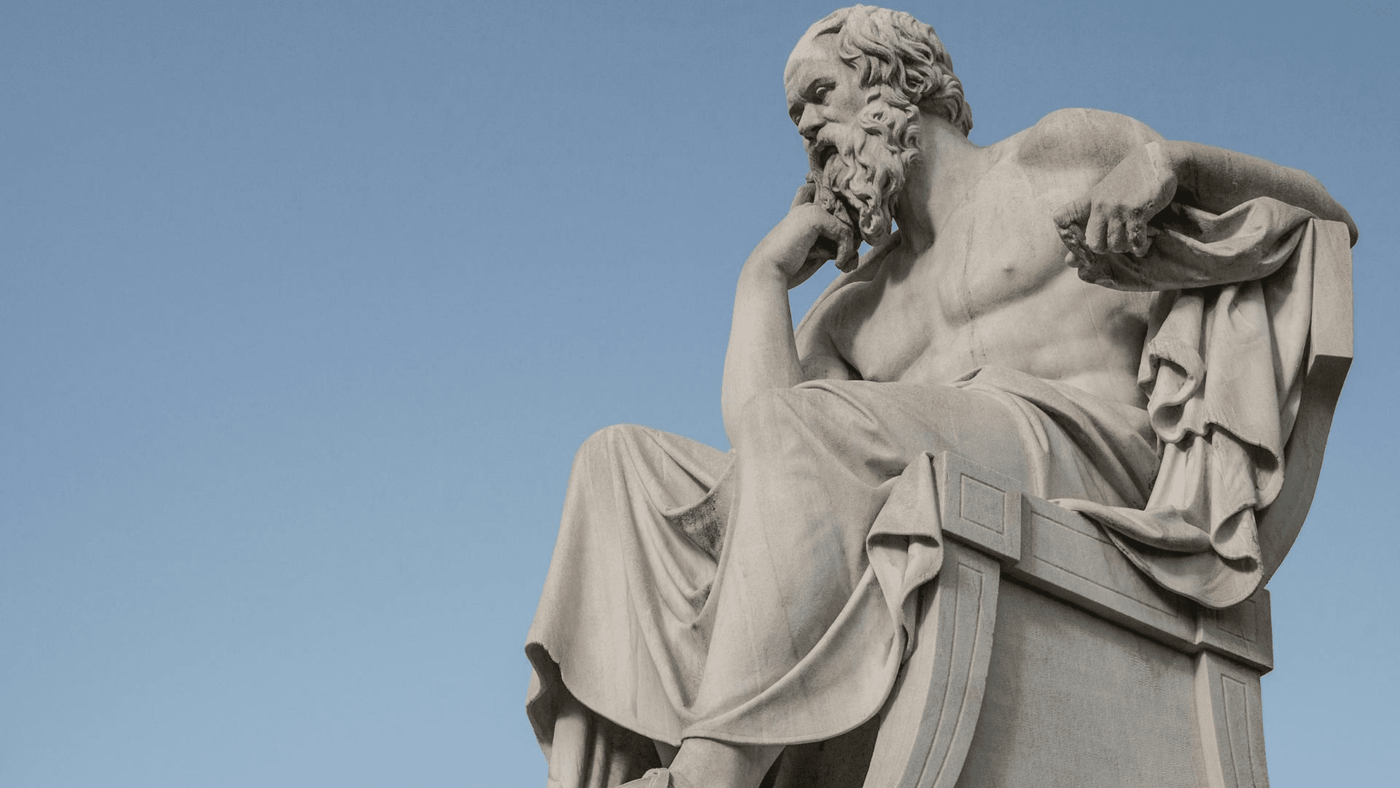
Zmień tryb na ciemny